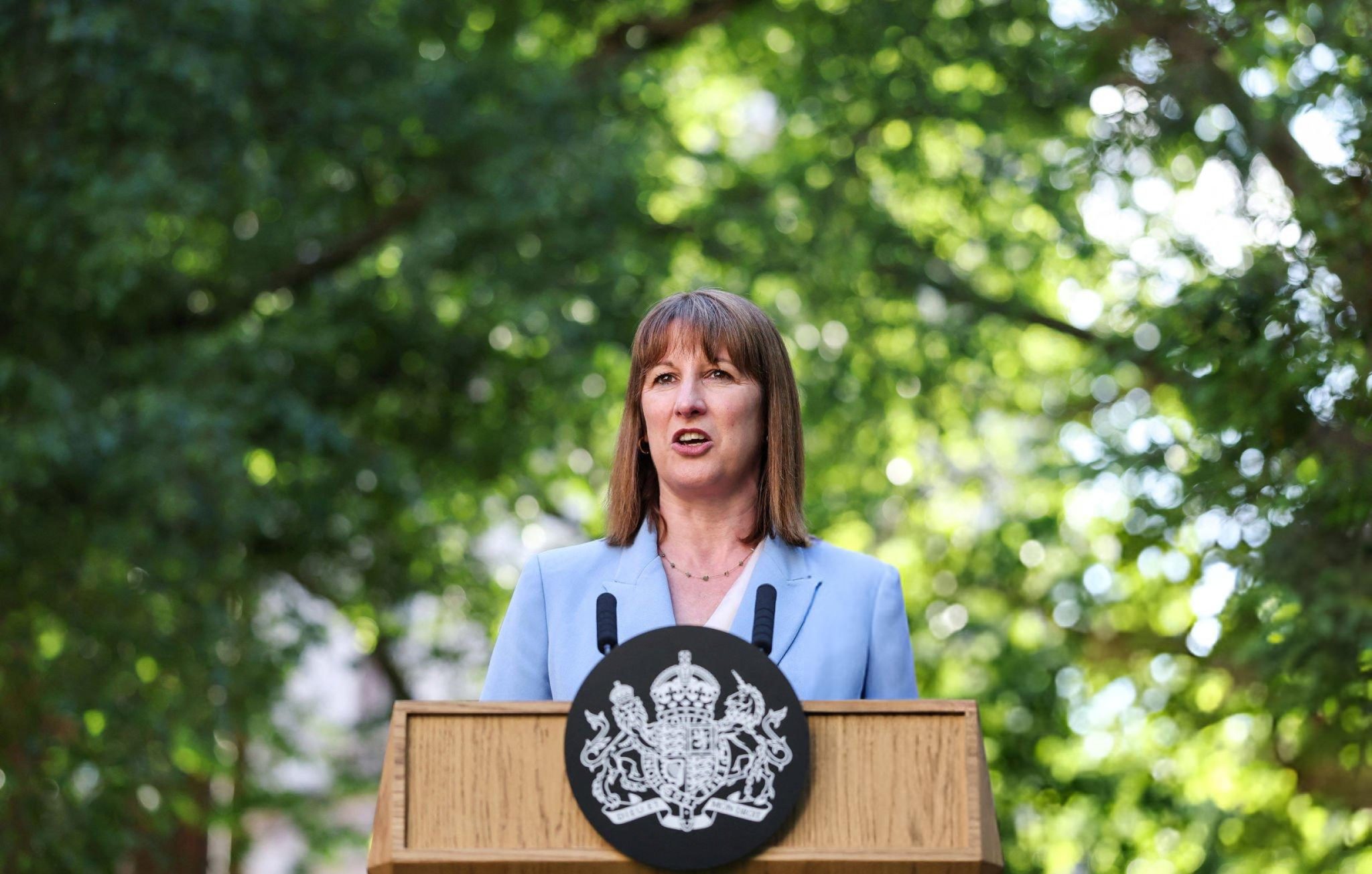LONDON, 20 May 2025 — Chancellor Rachel Reeves has revealed that a trade agreement with six Gulf nations, including Saudi Arabia and Qatar, is set to become the Government’s next major international deal as it continues to bolster Britain’s post-Brexit trade strategy.
Speaking to the BBC following a landmark summit with the European Union in London, Ms Reeves outlined the Government’s intention to push forward with the Gulf Cooperation Council (GCC) trade pact. “This is our next deal,” she declared. “We are in active discussions and we see this as a crucial step in expanding Britain’s economic reach and influence.”
The deal with the Gulf states, a process inherited from the previous Conservative administration, would follow closely on the heels of the new UK-EU agreement finalised this week — a pact Prime Minister Sir Keir Starmer described as a “win-win” for both sides.
Ms Reeves emphasised the momentum gained from recent trade arrangements, stating: “Britain is in a better place than any other country in the world in terms of deals with those countries. The first deal and the best deal so far with the US, we’ve got the best deal with the EU for any country outside the EU, and we’ve got the best trade agreement with India.”
However, the Chancellor was clear that the Government has no intention of initiating trade talks with China, saying, “We are not looking to have trade negotiations with China,” in what appears to be a nod to ongoing concerns about human rights and economic coercion.
The renewed EU trade agreement, hailed as a reset in relations between Britain and the bloc, includes several new initiatives. British holidaymakers will benefit from access to passport e-gates across European airports, while British farmers will find it easier to export animal and plant products due to aligned standards.
The agreement also introduces a youth mobility programme, offering young Britons the chance to study, work, and live in Europe, and lays the groundwork for a new security and defence cooperation pact.
According to Government estimates, the revised UK-EU arrangement could add £9 billion to the UK economy by 2040 through reduced bureaucracy and streamlined trade routes.
Sir Keir Starmer welcomed the developments, saying: “There is a mood change. The EU and the UK wanting to work together, all of us prepared to say let yesterday be yesterday, we are looking forward to tomorrow. We are not going to litigate old arguments, we are going to go forward in the spirit of what we do together, we do better.”
However, the deal has not been universally welcomed. Critics from the Conservative Party argue that the Government has conceded too much, particularly by allowing EU fishing vessels continued access to British waters for a further 12 years. Former trade secretary Kemi Badenoch accused the Labour Government of “surrendering” the hard-won gains of Brexit.
“This deal will mean Britain becoming a rule-taker, accepting dynamic alignment, giving up fishing rights and paying new money to the EU,” Ms Badenoch said. “Nobody has lost more than the fishermen,” she added, highlighting concerns from coastal communities.
Despite the criticism, the Labour Government remains confident that its strategy of pursuing open, pragmatic trade relationships will boost Britain’s global standing and economic resilience.
The upcoming Gulf trade pact, expected to cover sectors including finance, energy, and services, could cement new commercial ties in a rapidly growing region. With negotiations underway, Ms Reeves suggested the Government is determined to position the UK as a leader in global trade partnerships — even as Brexit’s long shadow continues to stir debate at home.






